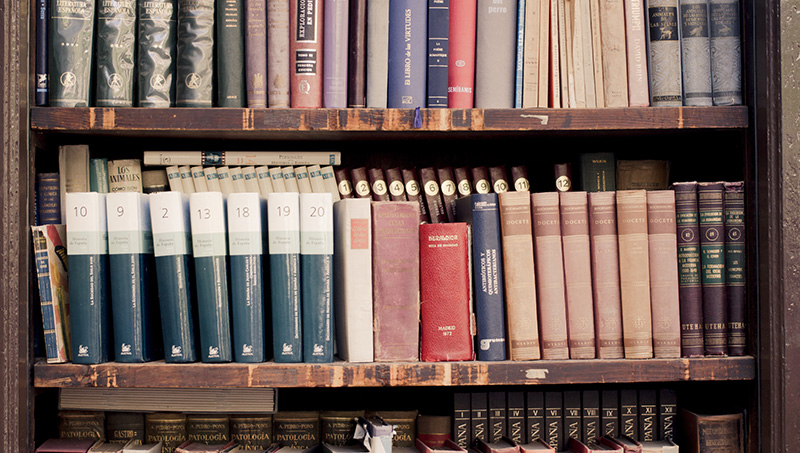The Best Books I Read in 2014

I love to read other people’s book recommendations so I think that it’s only fair that I share some of the best books that I read this year. The reason that I am sharing this now versus at the end of the year is because if you’re like me, you are looking for ideas for Christmas gifts.
My criteria for “best books” are relatively simple: Was it well written? Did I learn something? Have I recommended it to others?
My Top Books For 2014…
11. Goldfinch and The Secret History by Donna Tartt
It so happens that the two best novels that I read this year are by the same author. While the plots are different, both books have deep characters, smart dialogue, and are entertaining while helping me see the world through another person’s eyes.
10. The Big Truck That Went By: How The World Came To Save Haiti and Left Behind A Disaster by Jonathan Katz and Travesty in Haiti: A true account of Christian missions, orphanages, fraud, food aid, and drug trafficking by Timothy Schwartz
After the 2010 earthquake that devastated Haiti, $9 Billion was pledged to aid relief efforts and rebuild the country. And yet the country is still in terrible shape with much of it still in ruins and thousands still not in stable homes. How does that happen? Where did the money go? Why, after so many years of aid, is the country still in desperate condition? Is it possible that the help isn’t helping?
9. The Message of Jeremiah by Christopher Wright
The Old Testament book of Jeremiah isn’t an easy book to read mainly because it is organized more by theme that strict chronology. Jeremiah’s ministry occurred during the tumultuous years that preceded and followed the Babylonian exile. Wright helps you understand the historical context but he goes much further than that bringing out the spiritual lessons that are incredibly relevant for us.
8. A Grace Disguised: How The Soul Grows Through Loss by Jerry Sittser
The author was driving his family when his car was struck by another vehicle killing his mom, wife, and daughter. In this exceptionally well written book, Sittser invites you in to the pain, confusion, and hope that resulted.
“This book is not intended to help anyone get over or even through the experience of catastrophic loss, for I believe that ‘recovery’ from such loss is an unrealistic and even harmful expectation, if by recovery we mean resuming the way we lived and felt prior to the loss.”
7. Edwards on the Christian Life: Alive to the Beauty of God by Dane Ortlund
Jonathan Edwards has long been one of my favorite pastor/theologians to read. Several of his books make it on my list of most influential books in my life. Ortlund has done us a great service by synthesizing Edward’s main theme: God’s Beauty. This is a great introduction for those who haven’t read much of Edwards in the past.
6. How News Makes Us Dumb: The Death of Wisdom in an Information Society by C. John Sommerville
The author argues that the fundamental reason that the news makes you dumb isn’t what you probably assume. It’s not the fact that television has placed an undue emphasis on stories that have good pictures or video. Nor is it because reporters are biased or incompetent given the variety of fields they cover. It’s something much simpler. The problem is that the news is daily.
5. Mission at Nuremberg: An American Army Chaplain and the Trial of the Nazis by Tim Townsend
This is the story of how a St. Louis pastor, Henry Gerecke, ministered to the Nazi war criminals before their execution. The book served as the source material for my biographical sermon on August 31, 2014.
4. Calvin by Bruce Gordon
John Calvin was one of the most influential people in Christian history. In this biography, the author captures the tulmultuous era in which he lived, the great doctrines he helped formulate, and the other theologians he worked with. This was my favorite biography of the year. When I finished reading it, I immediately took out a pen and wrote down the lessons I’d learned and wanted to remember.
3. Duty: Memoirs of a Secretary at War by Robert Gates
I’ve never really liked political memoirs because they seem to be too self serving and whitewash over controversy instead of giving the reader an honest assessment. Gates, who served under 6 presidents in positions within the CIA, National Security Council, and as Secretary of Defense, pull no punches. He speaks candidly of both George W. Bush and Barack Obama and gives us a insight into how war (and peace) is fought and won.
2. Predictably Irrational: The Hidden Forces That Shape Our Decisions by Dan Ariely and Mistakes Were Made (But Not By Me): Why We Justify Foolish Beliefs, Bad Decisions, and Hurtful Acts by Carol Tavris and Elliot Aronson
These books are part of a new (at least new to me) genre of books that examines why we act and choose the way we do. Both of these books are very readable, offer fascinating insights into human behavior, and provide lots of fodder for great dinner conversations.
1. The Warmth of Other Suns: The Epic Story of America’s Great Migration by Isabel Wilkerson
In a beautifully written book, Ms. Wilkerson uses the stories of Ida Mae Gladney, George Starling, and Robert Foster to tell the story of how and why 6 million African Americans moved from the south to the north and the west from 1915-1970s. It’s easy to forget the travails that African Americans faced for the century between the Emancipation Proclamation and the Voting Rights Act. This book helped me understand the perspective that many African Americans share today.
